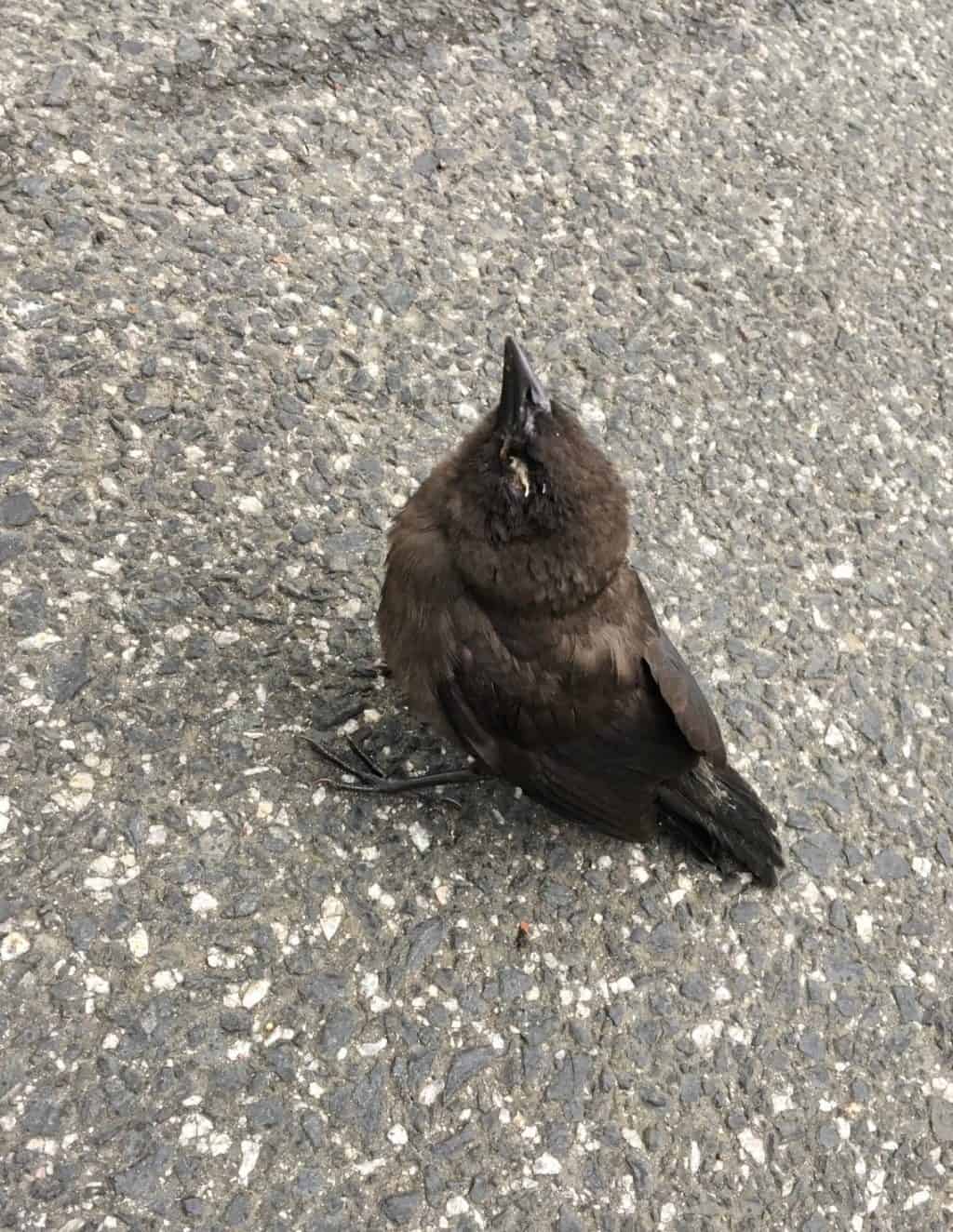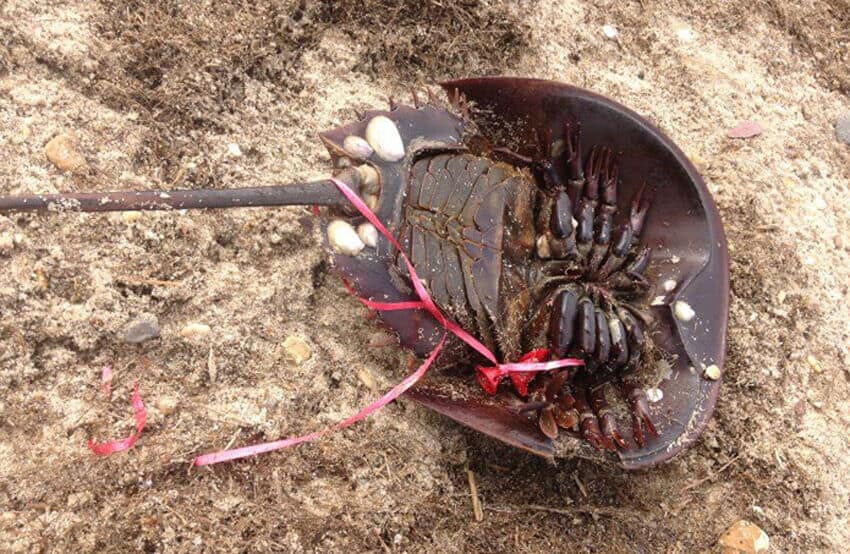Both the state of Maryland’s Department of Natural Resources and Virginia’s Department of Wildlife Resources have indicated it is okay to fill your bird feeders again. The bird mortality event that was first observed in May appears to be less of a threat, as reports of ill and dead birds have dwindled.
“As of mid-August, reports of sick and dead birds have declined in many jurisdictions, and the Virginia Department of Wildlife Resources (DWR) is lifting its previous recommendation to cease feeding birds in affected areas,” a press release from Aug. 19 announces.
It’s welcome news to worried bird lovers, who feared they were potentially spreading the disease at their feeders.
The cause of the illness remains a mystery. Scientist continue to study the source the outbreak, but they haven’t yet been able to determine a culprit. They have ruled out a number of known diseases, including the salmonella and chlamydia bacterias, avian influenza virus, West Nile virus, coronaviruses, Newcastle disease virus, herpesviruses, and poxviruses; and trichomonas parasites.
Toxicology reports also came back negative for heavy metal and common pesticides and herbicides.
As first reported in Bay Bulletin on June 15, ill birds in Maryland, Virginia, and Washington D.C. were turning up with crusted-over eyes and neurological problems. The disease made them unable to walk or fly. By mid-June one estimate indicated there were already 300 reports in Virginia alone. Species impacted included blue jays, grackles, robins, starlings and cowbirds.
Bird mortality events are not unusual, but several factors made the recent illness stand out, the DWR said. The extensive geographic scope, the duration of reported mortalities, and the fact that the initial reports were received from an urban area, made this outbreak unique.
While reports of the illness are on the decline, scientists are continuing to ask the public to report birds who may have the illness. In Virginia, they can go to dwr.virginia.gov/wildlife/diseases/bird-mortality-reporting-form/ , and in
Maryland call 1-877-463-6497. They also listed recommendations for those who will be going back to feeding their feathered friends:
The Maryland Department of Natural Resources recommends that folks who want to feed the birds:
-Clean feeders and bird baths with soap and water at least once a week, then disinfect with a 10% bleach solution
to prevent potential infectious disease spread between birds and other wildlife. After cleaning, rinse well with
water and allow to air-dry. When handling bird feeders and baths be sure to wear disposable gloves and wash
your hands when finished.
-When feeding birds, follow expert recommendations such as those listed in the Audubon International Guide to
Bird Feeding.
-Avoid handling birds unless necessary. Dispose of dead birds in a plastic bag, seal, and discard with household
trash, or alternatively, bury them deeper than 3 feet to prevent disease transmission to other animals. If handling
is necessary, wear disposable gloves or use plastic bags on your hands to avoid contact with carcasses.
-Keep pets away from sick or dead wildlife.
-Report sick or dying birds to the Maryland DNR / USDA Wildlife Services Call Center at 1-877-463-6497 (410-
349-8130 for out-of-state phone numbers). Licensed wildlife rehabilitators can be found on the DNR website.
Some bird experts say it may be a good time to lose the bird feeder altogether. In addition to being a troublesome place for disease to spread, feeders aren’t natural for birds.
Chris Eberly, Executive Director for the Maryland Bird Conservation Partnership, tells Bay Bulletin, “I think for the most part birds use feeders as supplemental food. They prefer natural foods.”
Eberly explains that birds feed on bugs early in the year. When it comes to your yard, planting native plants may be the best way to support birds. “If you’re planting fruit-bearing plants, birds have evolved to know which to eat. Native anything is always going to be your best bet.”
–Matt Liptak




